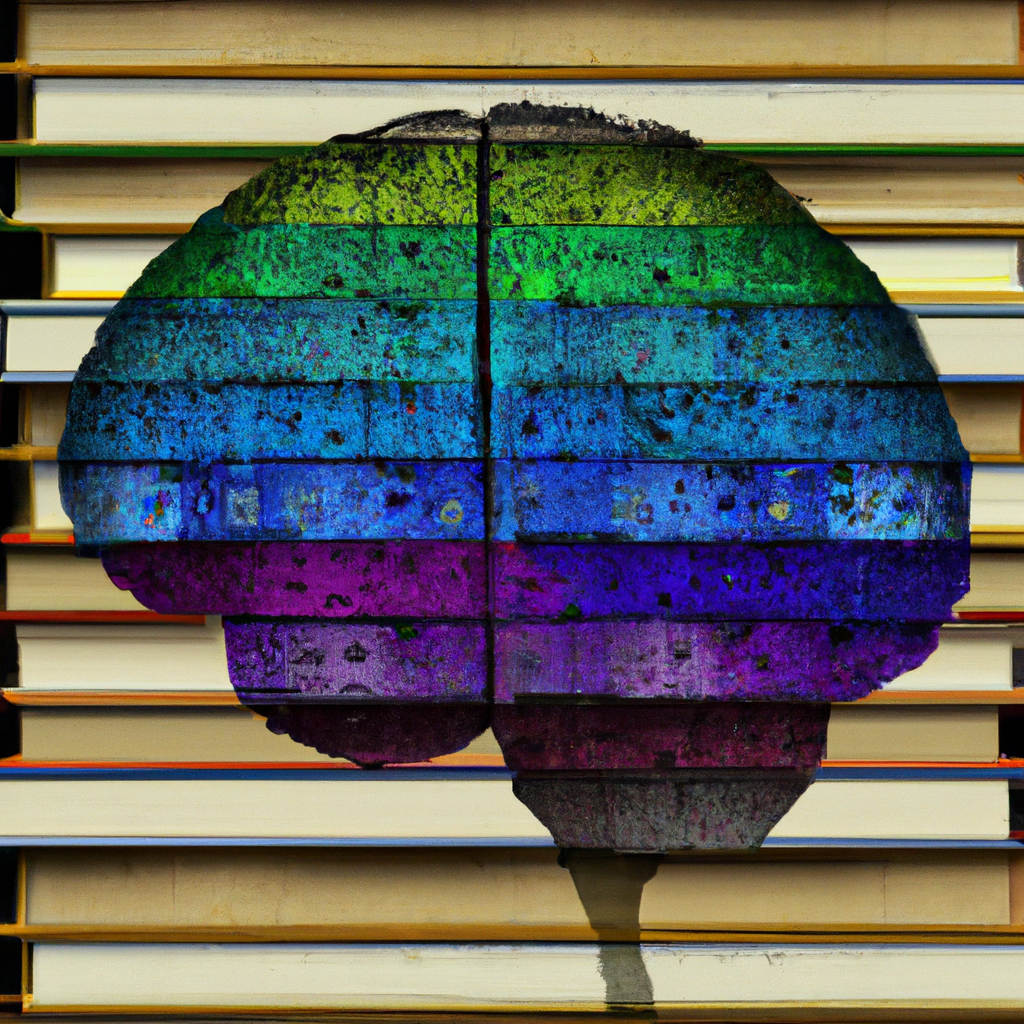
The Science of Memory: A Comprehensive Review of Books on the Topic
Memory is an integral part of our everyday lives. It enables us to learn, remember, and recall information. However, as we age, memory function tends to decline, and we may experience memory loss. Understanding the science of memory can help us improve our memory function and prevent memory loss. In this article, we will provide a comprehensive review of books on the topic of memory, covering different aspects of memory, such as its formation, consolidation, and retrieval.
The Formation of Memory
The process of forming a memory involves encoding information into the brain. This process requires attention, which is the ability to focus on information and process it. The book “Make It Stick: The Science of Successful Learning” by Peter C. Brown, Henry L. Roediger III, and Mark A. McDaniel, explores the science behind successful learning. The authors argue that active learning, such as self-testing, is more effective in encoding information than passive learning, such as re-reading. They also suggest that interleaving, or mixing different types of information, can enhance memory formation. For example, if you are studying for a history exam, it would be better to mix different historical events rather than studying them in chronological order.
Another book that explores the formation of memory is “Moonwalking with Einstein: The Art and Science of Remembering Everything” by Joshua Foer. The author describes his journey from being an average person with an average memory to becoming a memory champion. Foer explains that memory is not a fixed ability but rather a skill that can be trained and improved. He also introduces mnemonic techniques, such as the memory palace, which involves associating information with a familiar location, to enhance memory formation.
The Consolidation of Memory
After information is encoded into the brain, it needs to be consolidated, or stabilized, to form a long-term memory. The book “The Memory Illusion: Remembering, Forgetting, and the Science of False Memory” by Julia Shaw, explores the science of memory distortion and false memories. Shaw argues that memory consolidation is not a one-time process but rather a continuous process that can be influenced by various factors, such as sleep, stress, and emotion. She also explains that memories can be distorted or changed over time, leading to false memories.
Another book that explores the consolidation of memory is “Why We Sleep: Unlocking the Power of Sleep and Dreams” by Matthew Walker. The author discusses the importance of sleep in memory consolidation and learning. He explains that during sleep, the brain replays the information learned during the day, which strengthens memory traces. Walker also suggests that sleep deprivation can impair memory consolidation and lead to memory loss.
The Retrieval of Memory
Retrieval is the process of accessing information stored in memory. The book “Peak: Secrets from the New Science of Expertise” by Anders Ericsson and Robert Pool, explores the science behind expertise and how it relates to memory retrieval. The authors argue that expertise is not innate but rather a result of deliberate practice, which involves focusing on the areas that need improvement and receiving feedback. They also suggest that retrieval practice, or recalling information from memory, is a more effective way of enhancing memory retrieval than re-reading or re-studying.
Another book that explores the retrieval of memory is “Remembering: What 50 Years of Research with Famous Amnesia Patient HM Can Teach Us about Memory and How It Works” by Donald G. MacKay. The author discusses the case of HM, a patient who underwent brain surgery to treat epilepsy and subsequently experienced severe memory loss. MacKay explains that HM’s case provided valuable insights into the brain regions involved in memory retrieval and the types of memories that can be affected by brain damage.
Conclusion
In conclusion, memory is a complex process that involves different stages, such as formation, consolidation, and retrieval. Understanding the science of memory can help us improve our memory function and prevent memory loss. The books reviewed in this article provide valuable insights into different aspects of memory and offer practical tips for enhancing memory function. By incorporating these tips into our daily lives, we can improve our memory function and lead a more fulfilling life.



